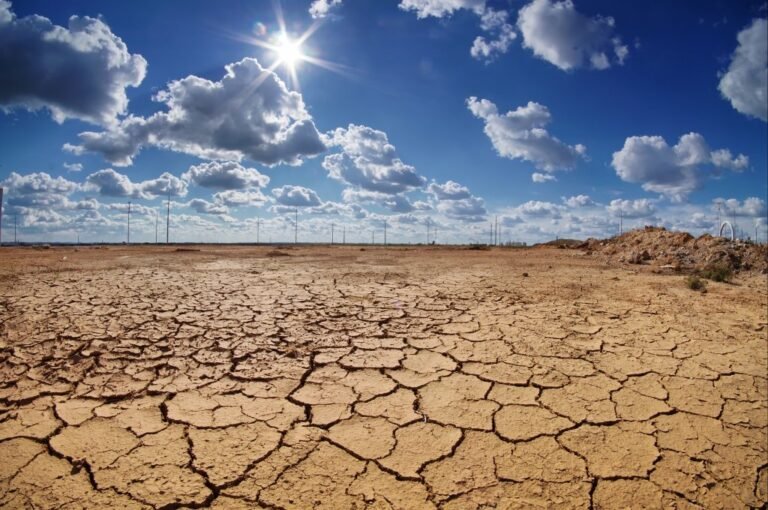Navigating Climate Change in 2050: A Beginner’s Guide to Climate Change Adaptation
Introduction
In the year 2050, the global landscape is vastly different from what it once was. Climate change has left an indelible mark on our planet, prompting the need for proactive measures to adapt to the new normal. This beginner’s guide aims to shed light on climate change, its impacts, and how individuals and communities can navigate this evolving environmental terrain.
Understanding Climate Change
To embark on this journey of climate change adaptation, it’s crucial to comprehend the concept itself. Climate change refers to long-term alterations in temperature, precipitation, and other atmospheric conditions. Human activities, such as burning fossil fuels and deforestation, have significantly contributed to the increased concentration of greenhouse gases in the atmosphere, leading to a warming planet.

Impact on the Environment
Transitioning to the impacts of climate change, it’s evident that rising temperatures have far-reaching consequences. Extreme weather events, including hurricanes, droughts, and heatwaves, have become more frequent and intense. The melting of polar ice caps and glaciers has contributed to rising sea levels, posing a threat to coastal communities worldwide.
Adapting to the Changes
Now, let’s delve into the heart of the matter – climate change adaptation. As we face the challenges of the altered climate, there are proactive steps that individuals, communities, and nations can take to mitigate the impact and build resilience.
- Green Living as a Lifestyle Choice
One of the most effective ways to contribute to climate change adaptation is by embracing a sustainable lifestyle. Transitioning to renewable energy sources, reducing single-use plastics, and supporting eco-friendly products are simple yet impactful steps that individuals can take. By making conscious choices, we collectively reduce our carbon footprint.
- Community Resilience Programs
Building resilience at the community level is crucial for weathering the impacts of climate change. Local governments and organizations can initiate community-based programs focused on disaster preparedness, sustainable agriculture, and infrastructure improvements. These programs empower communities to adapt to the changing climate and reduce vulnerability.
- Innovative Technologies for Climate Resilience
The technological landscape in 2050 is marked by innovative solutions aimed at climate change adaptation. Advanced weather forecasting, precision agriculture, and smart infrastructure are just a few examples of how technology is aiding in resilience-building efforts. Embracing these technologies can enhance our ability to anticipate and respond to climate-related challenges.
- Educating the Next Generation
Knowledge is a powerful tool in the fight against climate change. Educational institutions play a crucial role in equipping the next generation with the understanding and skills needed to address environmental challenges. Integrating climate change education into curricula fosters a sense of responsibility and empowers students to become advocates for a sustainable future.
- Policy Changes and Advocacy
On a broader scale, policy changes are indispensable for effective climate change adaptation. Governments and international bodies must collaborate to implement and enforce policies that promote sustainable practices, protect natural ecosystems, and incentivize clean energy initiatives. Individuals can contribute by actively participating in advocacy efforts and holding policymakers accountable.
Conclusion
As we navigate the challenges of climate change in 2050, the importance of proactive adaptation cannot be overstated. Each individual’s actions, from embracing sustainable living to advocating for policy changes, collectively shape our ability to build resilience and mitigate the impact of a changing climate. By understanding the basics of climate change and taking tangible steps towards adaptation, we can contribute to a more sustainable and resilient future for generations to come.


